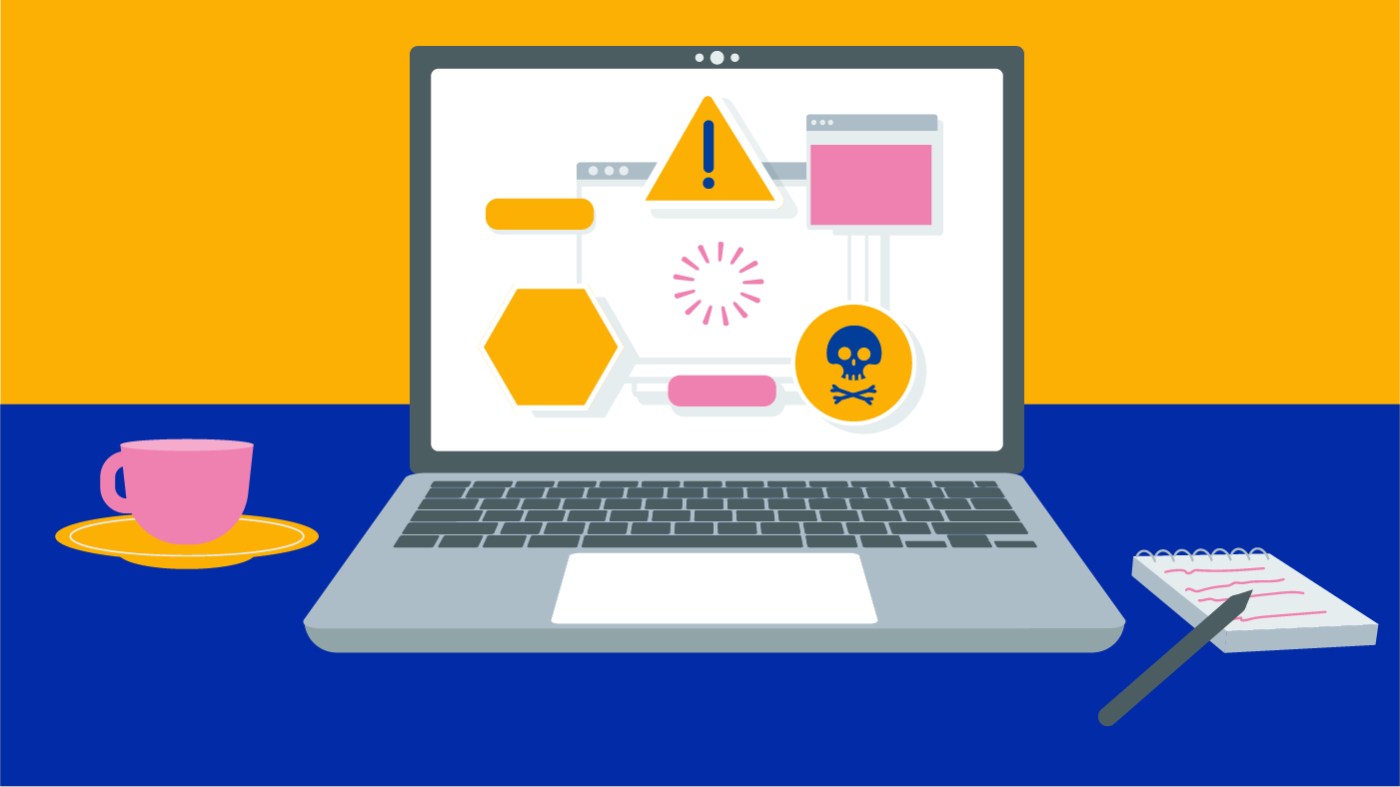With wildfires in the west, storms like Hurricane Ida in the Gulf coast and northeast, and humanitarian crises like the Afghan refugee situation, there are plenty of worthwhile causes to donate to – and no one knows how to give back quite like Veterans. Unfortunately, scammers often target the generosity of donors by trying to trick them into donation scams and fake causes.
That’s why the U.S. Postal Inspection Service (USPIS) and its Operation Protect Veterans campaign wants Veterans to be on guard and know what to look for before opening their wallets.
Operation Protect Veterans advises every Veteran to:
- Examine the charity name. Look carefully at the name of the charity. Some charity schemes use similar names to legitimate charitable organizations.
- Check for authenticity. Check the authenticity of the organization through reputable charity checking websites, such as Charity Navigator or the Better Business Bureau before sending money.
- Do not feel pressured. Don’t feel pressured to give money on the spot. Most charities would be happy to send you further information about their organization, so feel free to ask questions and request additional resources.
- Ask for annual reports. If you are unfamiliar with the charity, ask to see its annual report and financial statement. If the organization is unwilling to provide these, you should immediately be suspicious.
- Be suspicious of cash donations. Always be suspicious of solicitors who say they can only accept a cash donation; legitimate organizations will usually have many different ways to accept donations or other types of support.
- Report suspicious solicitors. If solicitors refuse to identify themselves, report them to law enforcement officials.
Veterans should always be on guard for these and other types of scams. Visit the Operation Protect Veterans website for in-depth scam information, resources, and more to stay one step ahead of the scammers.
Topics in this story
More Stories
While it may feel overwhelming, VA wants Veterans to be prepared to navigate the challenges resulting from extreme weather. Here's how.
A local Combat Veterans Motorcycle Association chapter grew concerned after not hearing from a fellow Veterans after a few days. The group sprang to action after visiting him at home.
This July 4th, "A Capitol Fourth" celebrates 45 spectacular years as America’s national Independence Day tradition, airing live from the West Lawn of the U.S. Capitol






This has been a very comprehensive beginner’s guide!. Thank you
Very good information.